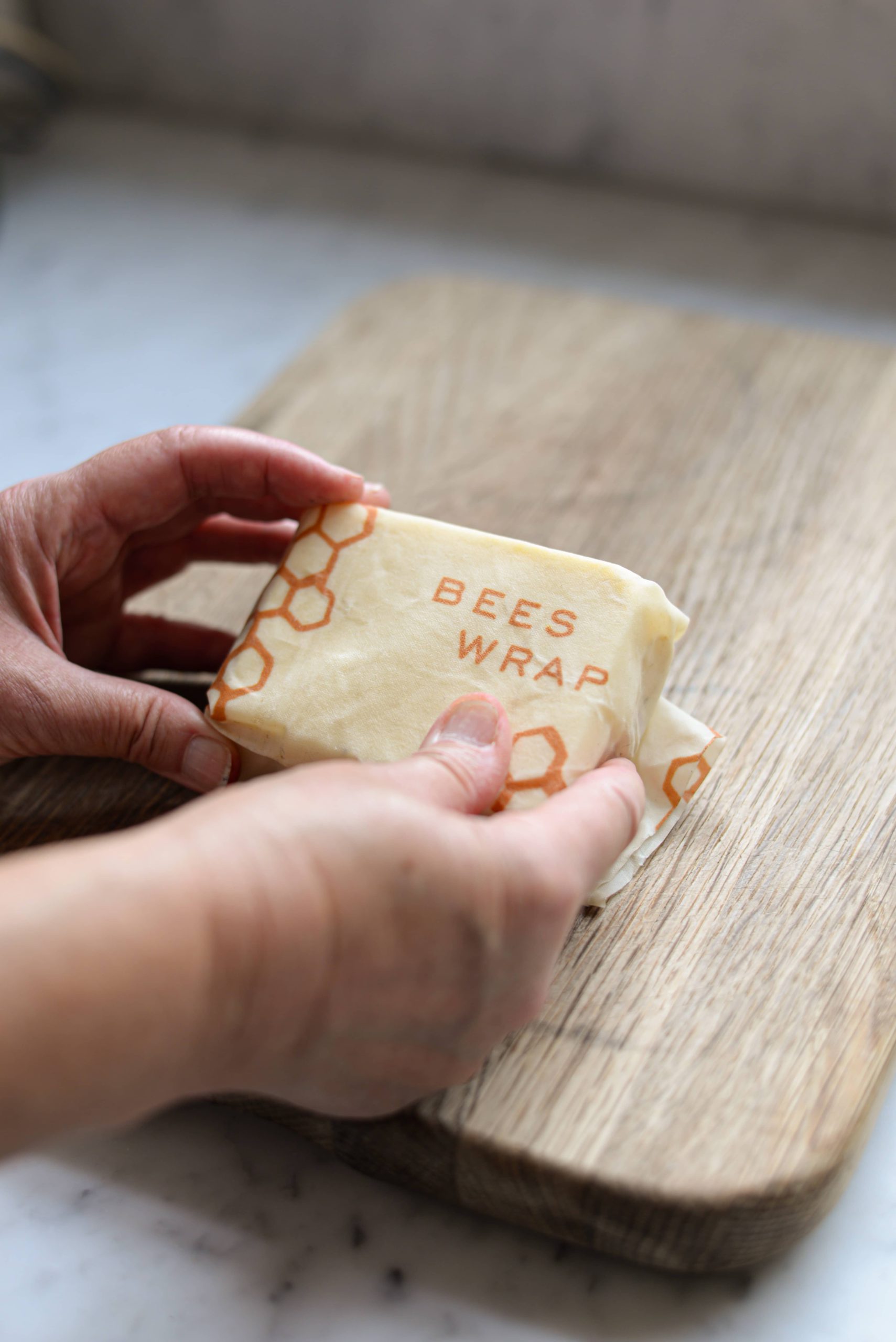In today’s world, environmental concerns are at the forefront and finding sustainable alternatives to everyday products is crucial. One area where one can make a significant impact is in the kitchen, particularly when it comes to food preservation. Beeswax wraps have emerged as a popular eco-friendly option for replacing plastic and aluminium foil. Explore the benefits of beeswax wraps for food preservation and how they can help individuals reduce plastic usage.
The Basics of Beeswax Wraps
These wraps are a natural and reusable alternative to plastic wrap. They are typically made by infusing organic cotton fabric with beeswax, tree resin, and jojoba oil. This combination makes the wraps pliable and sticky, allowing them to adhere to various containers and food items, sealing them effectively. Beeswax wraps can cover bowls, wrap sandwiches, cheese, fruits, vegetables, and even store bread. They are a versatile and sustainable option for preserving food.
Eco-Friendly and Sustainable
Beeswax wraps, gaining traction in sustainable communities, are a green alternative to traditional kitchen plastics. One of the reasons for their rising popularity is their undeniable eco-friendliness. They champion a reusable ethos, unlike plastic wrap, a single-use product that contributes heavily to environmental plastic pollution. Made primarily from organic cotton infused with natural beeswax, resin, and jojoba oil, they are designed for longevity. With diligent care, they can serve effectively for up to a year or even longer, drastically reducing household plastic consumption. Beyond their reuse potential, another notable advantage is their end-of-life disposal. When a beeswax wrap finally wears out, instead of littering landfills, it can be seamlessly composted since it’s crafted from natural biodegradable materials, thus leaving no harmful footprint.
Keeps Food Fresh
They have emerged as an innovative solution to preserving food’s freshness. Infused with natural ingredients like beeswax, resin, and jojoba oil, these wraps create a breathable barrier around the food, optimising moisture levels and ensuring extended freshness. As a result, they can significantly help prevent fruits and vegetables from wilting prematurely, keep bread from becoming stale, and even maintain the crunchiness of snacks. The wraps’ uniquely pliable nature and slightly tacky surface ensure a snug, secure fit around containers or directly on the food, minimising exposure to air. This airtight seal is crucial for preserving various food items’ intrinsic quality and flavour, making these wraps an invaluable addition to eco-conscious kitchens.
Easy to Use and Maintain
Using these wraps is a breeze. They can be moulded around food or containers with the warmth of your hands, creating a secure seal. Wash them with soap and cold water when you’re done. Hot water can melt the wax coating, so it’s essential to avoid it. After washing, let the wraps air dry, and they are ready to be used again. With proper care, they maintain their stickiness and effectiveness.
Versatile and Stylish
They come in various sizes and designs, making them a stylish addition to any kitchen. Their versatility extends to different container shapes and sizes, making them suitable for covering bowls, wrapping sandwiches, or folding over fruits. Many companies offer a range of vibrant patterns and colours, allowing users to choose wraps that reflect their style while reducing their environmental footprint.
Conclusion
In conclusion, switching to beeswax wraps for food preservation is a small but impactful step towards reducing plastic waste and leading a more eco-conscious lifestyle. These wraps offer a sustainable and effective alternative to single-use plastic wrap and aluminium foil. They keep food fresh, are easy to use and maintain, and come in various stylish designs. By incorporating beeswax wraps into their daily routines, individuals can play a part in reducing plastic pollution and promoting a greener, more sustainable future. So, switch to beeswax wraps and move towards a plastic-free kitchen next time you reach for plastic wrap.





Be First to Comment